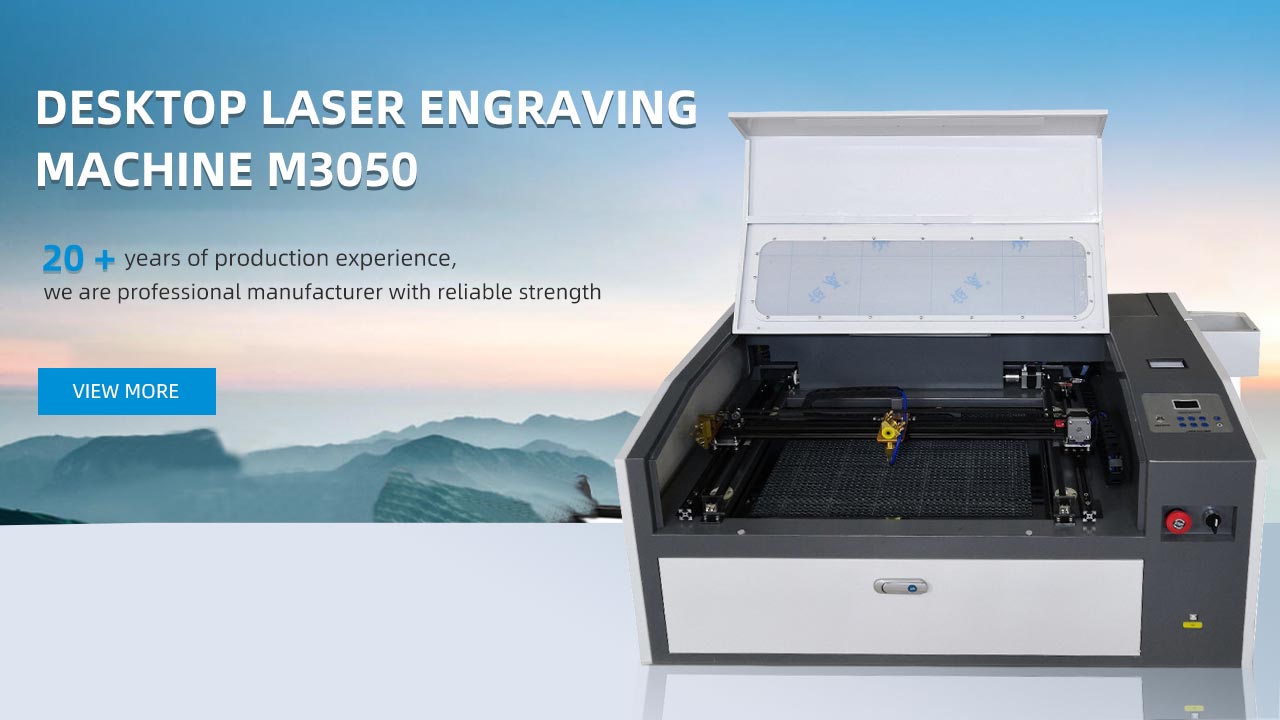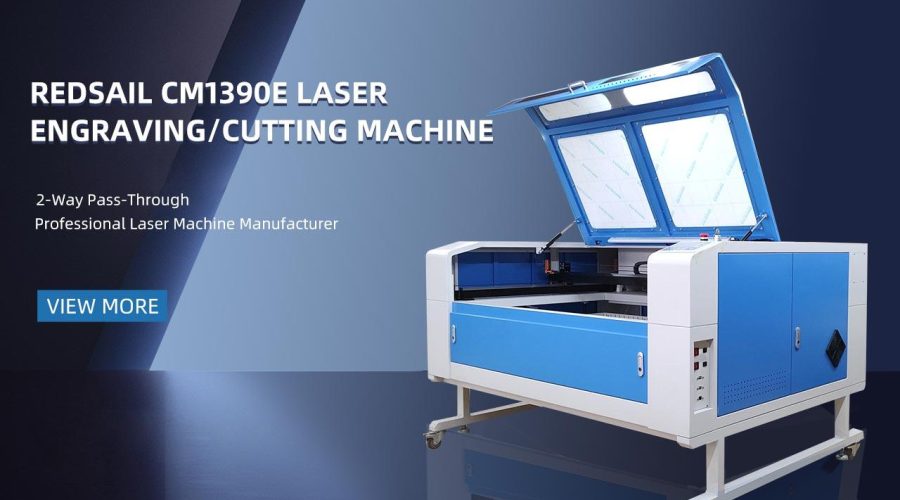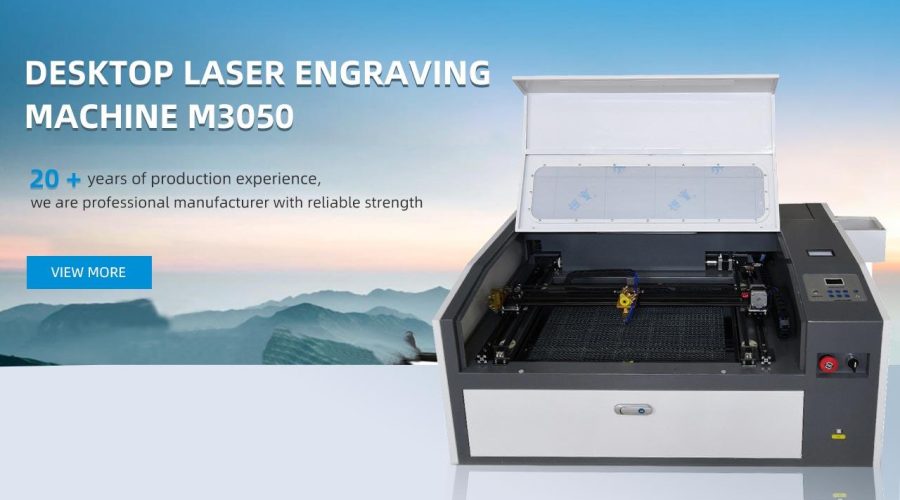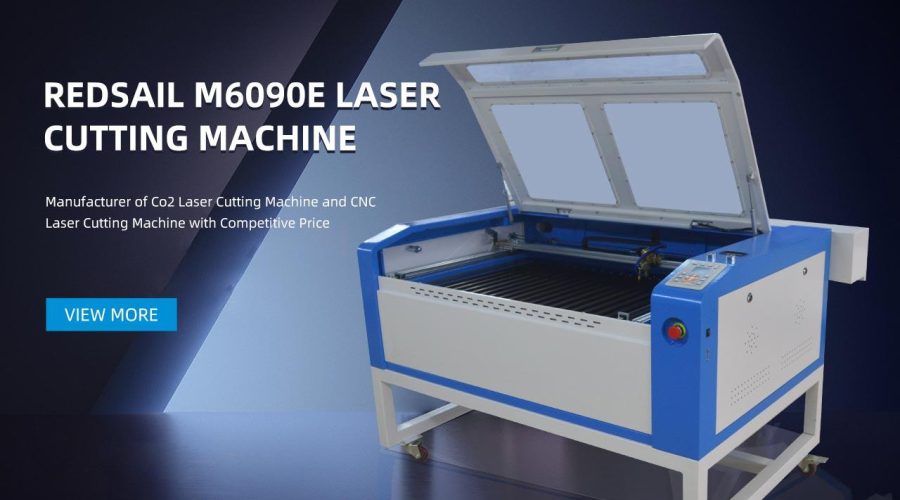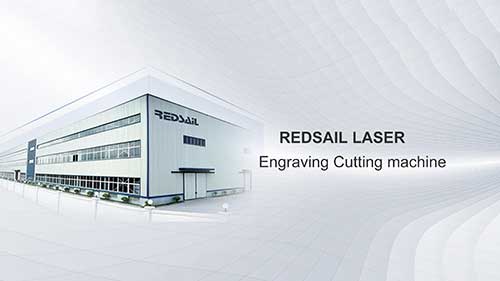What Materials Can a Laser Engraver Work On?
The Versatility of Laser Engraving
Laser engraving is a versatile and rapidly growing technology that has revolutionized numerous industries. From personalized gifts to industrial applications, laser engravers offer unrivaled precision and detail. One common question often asked is: What materials can a laser engraver work on?
Laser-Friendly Materials
While there are specific limitations to what certain types of laser engraving machines can handle, many materials can be engraved using these high-powered lasers. Some of the most common materials include:
- Wood: Laser engraving on wood is a popular choice for creating custom signs, intricate designs on furniture, or engraving personalized gifts like coasters or cutting boards.
- Glass: Laser engraving can create stunning designs on glass, whether it’s customized wine glasses, decorative mirrors, or even glass awards and trophies.
- Metal: Laser engravers can mark or etch metal surfaces with exceptional precision, making it ideal for creating serial numbers, barcodes, or intricate designs on jewelry or industrial parts.
- Plastic: Plastic materials like acrylic or ABS can easily be laser engraved, offering endless possibilities for signage, business cards, or even custom phone cases.
- Leather: Laser engraving on leather produces beautiful, intricate patterns that can be used for fashion accessories, custom wallets, or personalized leather products.
- Stone: Natural stones like granite or marble can be engraved using laser technology, allowing for detailed designs on gravestones, decorative tiles, or personalized stone plaques.
- Paper: Laser engraving on paper is widely used in the printing industry to create unique invitations, business cards, or even intricate paper crafts.
These are just a few examples of the materials that can be engraved using laser technology. It’s important to note that different laser engraving machines may have specific limitations or requirements for each material.
Rare or Challenging Materials
While many materials can be laser engraved, some might pose challenges or require specialized laser equipment. Here are a few examples:
- Mirrored surfaces: Due to its reflective properties, laser engraving directly on mirrored surfaces can interfere with the laser beam. However, with appropriate techniques, it is possible to engrave on mirrored materials.
- Polycarbonate: Polycarbonate materials can be tricky to laser engrave due to the material’s sensitivity to heat and the potential release of harmful fumes. However, with proper ventilation and laser settings, engraving on polycarbonate is feasible.
FAQs:
Q: Are laser engravers suitable for engraving on metal surfaces?
A: Yes, laser engravers are highly suitable for engraving on metal surfaces. With the ability to mark or etch with incredible precision, laser engraving on metal allows for intricate designs, personalized jewelry, and industrial part customization.
Q: Can laser engravers work on curved or irregular surfaces?
A: Yes, laser engravers can work on curved or irregular surfaces. Some laser engravers have attachments or rotary devices that can adapt to uneven or rounded objects, enabling precise engraving on cylinders, bottles, or other irregular shapes.
Q: Is it possible to engrave photographs or grayscale images with a laser engraver?
A: Yes, laser engravers equipped with grayscale capabilities can transform photographs or grayscale images into stunning engravings. These machines utilize varying laser intensities to create different shades and depths, resulting in highly detailed reproductions.

